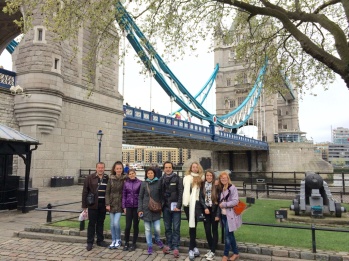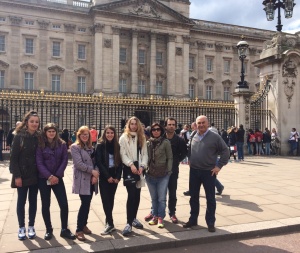The purpose of this visit was to look at agriculture and tourism in Bratislava and surrounding areas in preparation for agricultural study visits in 2016.
Slovakia is a central European country known for its dramatic natural landscape and many castles. The alpine like region of the High and Low Tatra mountains are a popular tourist attraction for hikers and climbers all over the world.
The capital city, Bratislava sits on the Danube river with Bratislava Castle on the hill overlooking the city. Bratislava city is less than one hour from Vienna, Austria. The small Carpathian region is famous for its wine production where the most famous producers of top-class Slovak wines are based.
The programme included a visit to a unique farm with sheep breeding, sheep cheese production and beef animal export across Europe. Traditional music and craft demonstration. A walking city tour of Bratislava, the UNESCO Banska Stiavnica with short falconry show, a tour and workshop in a ceramic factory and tour of a modern winery. The visit also included inspection of hotels and restuarants available for group visits.






